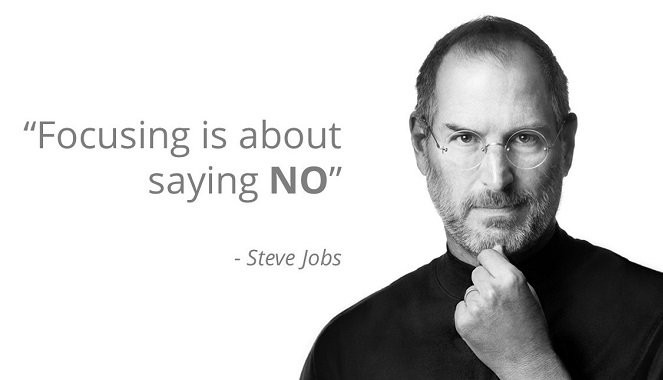Friday Feeling: ‘No’ seems to be the hardest word. By Tim Bergin
‘No’ Seems to be the Hardest Word’
Sorry seems to be the hardest word, said that great philosopher Elton John but for many, actually, most barristers, ‘No’, is tougher.
Family Law barrister and lecturer Tim Bergin explores why.
*
Why is it that whenever my phone tells me that I have a call coming in from chambers, I am unable to resist the temptationto answer? Why, when I have so many other things going on in my life, does that heart-felt plea “Mr Bergin, can you get to Hastings Family Court to do an ICO for the Local Authority?” prevent me from simply saying “No!”.
I recall a time sitting at my desk. I was preparing for the next day’s case which involved the usual drafting of Case Summaries and Position Statements. The last thing I needed was interruption.
The phone rings, it’s chambers….my mind is shouting at me “JUST IGNORE’, but before I know it, I have pressed the receive button. Of course, I know what it is likely to be! It’s that time of day, early afternoon, when word gets around that there is an EPO which needs covering. And it is never at the local court, no, it’s always the other side of the county.
This occasion was no different. “Mr Bergin, we have an ICO to cover for the Local Authority and there is no one else available, can you cover?
Now, I have the perfect reason to say no. I’m up to my neck in work and all I have to say is, “Sorry, no can do”, but of course I don’t.
“Where is it…what time is the case listed….how large are the papers…is it likely to be contested?”. I’m hooked!!! The clerks are well versed in the art of persuasion. “Looks like it will settle….the papers are only small…you won’t have to read much’.
I’m now thinking to myself, well, if it is quick, I can slip it in between writing the Case Summary and the Threshold Criteria on tomorrow’s matter. I now hear myself saying “it’s possible, I assume it’s over the road?”. “Ahh, not quite” comes the answer. “It’s Medway”.
Now all my senses are saying “Not a chance”, but for reasons that are impossible to explain to anyone who possesses an ounce of common-sense’, I find myself juggling in my mind, weighing up the options! Ok, one hour to drive there, meet client, quick hearing, draft order, agree with other side and then back home’. Should be back early evening and then back to tomorrow’s case. Hmmm, late finish but it’s doable!!
Fortunately, there is a happy ending as the case was pulled before I had set off and I received the ‘stand down’ message from the clerks.
As I sit here, writing this account, I am perplexed as to what on earth I was thinking of. It could have all gone according to plan, but let’s face it, when did that last ICO go ‘according to plan’? The likelihood is that the parents would be late; counsel coming from London; the court already sitting; extra time needed to clarify the Local Authority’s plan. The chances of getting out of court at 5:30 slips to 6pm and beyond.
So what was I thinking?
If I turn down this brief, my practice will not suddenly collapse. Once I have paid my chamber’s expenses and my tax bill, the amount will certainly not change my life for the better. Instead, it will without doubt, add massively to my stress levels and put me under immense pressure to not only deal with this matter but also to be appropriately prepared for the next day.
When I weigh all this in my mind, it comes down to a simpleconversation I had with a senior member of chambers all those years ago, shortly after I had acquired tenancy. What he told me was “The moment you lose the hunger for work at the Bar is the time to quit”. I have carried this mantle with me throughout my career. What he did not say to me, however, was how this would negatively impact on me over the course of 30 years at the Bar.
I recently attended an excellent event organised by chambers. It was a talk by Dr Bill Mitchell (Psychologist) on how to recognise and manage stress at the Bar. It struck me how far the Bar has come, but at the same time how far we still must go before we are properly in-tune with our own well-being.
However, what really struck a chord with me was the recognition that there is nothing wrong with saying ‘No’. “No, I am too busy….No, I am feeling rather stressed at the moment….No, I really don’t want to do that case”.
If I say no, it does not mean that I have failed, that my practice is finished, that I have no right to call myself a barrister. What it really means is that I am putting my own welfare first; that I have the strength to recognise my own limitations; that I am in touch with my own feelings.
Ultimately of course, it means that when I am in court I will be able to better perform and to represent the interests of my client. That, contrary to what I had thought, I will be better at my job, which is likely to improve my reputation, and yes, may lead to more work…I just need to remember now and again to say “No”.




